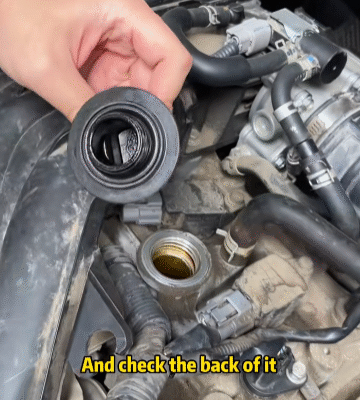
Buying a used car can be a smart financial decision. It’s often much cheaper than purchasing a new vehicle, and with proper care, a used car can last for many years. However, the process also comes with risks. Scams, hidden damage, and dishonest sellers can turn what seems like a good deal into a nightmare. To help you make a safe and confident purchase, here’s a comprehensive guide on how to avoid being cheated when buying a used car.
1. Do Your Research
Before you even start looking at cars, take time to research. Learn about the specific makes and models that interest you. Look into their common problems, fuel economy, insurance costs, and resale values. Some models are known for their reliability, while others may have frequent issues that could cost you more in the long run.
Use websites like Kelley Blue Book, Edmunds, or Consumer Reports to compare vehicle ratings, average market prices, and reviews. This will give you a strong sense of what to expect and how much you should be paying.
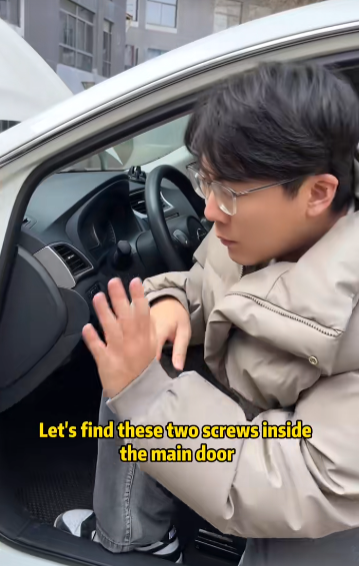
2. Set a Budget and Stick to It
Determine how much you’re willing to spend and be clear about your budget. Include not only the cost of the vehicle but also additional expenses such as taxes, registration, insurance, and possible repairs. Be cautious if a deal sounds too good to be true—it often is.
3. Choose a Reputable Seller
You can buy a used car from a dealership or a private seller. Each option has its pros and cons. Dealerships might charge more, but many offer certified pre-owned (CPO) vehicles that have been inspected and come with warranties. Private sellers may offer lower prices, but there’s typically no guarantee, and the risk of fraud may be higher.
Regardless of where you buy, research the seller. Check online reviews, ratings, and any complaints. If buying from a private seller, meet in a safe, public location and avoid anyone who pressures you into a quick decision.
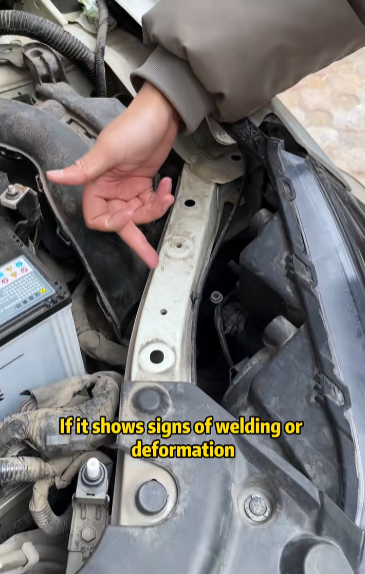
4. Ask the Right Questions
Don’t be shy about asking questions. Here are some important ones:
- Why are you selling the car?
- How many previous owners has it had?
- Has it ever been in an accident?
- Are there any current mechanical issues?
- Do you have service and maintenance records?
A genuine seller should have no problem answering these questions and providing documentation.
5. Check the Vehicle History Report
One of the most crucial steps in buying a used car is reviewing its history report. Services like Carfax or AutoCheck can tell you a lot about the vehicle, including:
- Accident history
- Title status (e.g., clean, salvage, rebuilt)
- Odometer readings
- Service and maintenance records
- Recalls
Never buy a car without checking this report. If the seller refuses to provide it, that’s a major red flag.
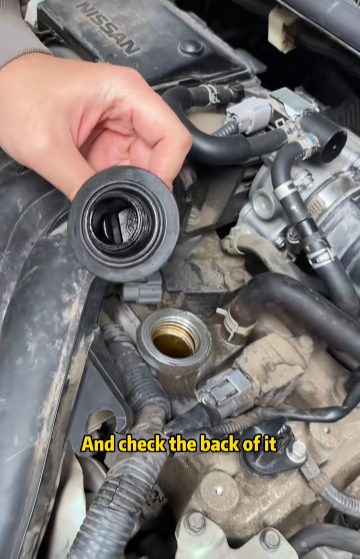
6. Inspect the Car Carefully
Whether you’re buying from a dealership or a private party, always inspect the car thoroughly:
- Check the tires for wear and matching brands
- Look for rust or dents on the body
- Examine the paint job for mismatched areas (could indicate repair work)
- Test all lights, windows, and electronics
- Inspect the engine for leaks or unusual smells
If you’re not experienced with cars, bring along someone who is, or better yet, hire a professional mechanic to do a pre-purchase inspection. Spending a little now could save you thousands later.
7. Take a Test Drive
Never buy a car without taking it for a test drive. Drive the vehicle on different types of roads—highways, city streets, and rough terrain if possible. Pay attention to:
- Unusual noises
- Smoothness of the ride
- Brake responsiveness
- Steering and alignment
- Dashboard warning lights
Make sure all gears shift smoothly and the car handles properly. This step alone can reveal issues that photos or descriptions might hide.
8. Negotiate With Confidence
Once you’re satisfied with the condition of the car, it’s time to negotiate the price. Use your research to justify your offer. If the vehicle needs work, don’t be afraid to ask for a price reduction.
Avoid emotional decisions. If the seller is pushing hard or using high-pressure tactics like “another buyer is coming in an hour,” take a step back. A trustworthy seller will give you time to think.

9. Check the Title and Ownership
Make sure the seller has a clean title in their name. Avoid buying cars with salvage or rebuilt titles unless you’re fully aware of the risks and are getting a significant discount.
Verify the Vehicle Identification Number (VIN) on the title matches the VIN on the car. If something doesn’t line up, walk away immediately—it could be stolen or involved in fraud.
10. Avoid Paying With Cash Alone
If you’re buying from a private party, avoid paying with large amounts of cash. Instead, use a certified check or bank transfer for a safer, traceable transaction. Always get a receipt, and make sure the title is signed over to you before finalizing the deal.
If you’re financing the car, read the loan terms carefully. Understand the interest rate, monthly payments, and total amount to be paid over time.
11. Watch Out for Common Scams
Be aware of these common used car scams:
- Odometer Rollbacks: The seller lowers the mileage reading to increase the car’s value.
- Title Washing: Vehicles with salvage titles are cleaned and resold without disclosing their past.
- VIN Cloning: The car’s VIN is changed to match a different, legal vehicle.
- Fake Escrow Services: Scammers pretend to use secure payment services that don’t actually exist.
Always deal face-to-face, verify identities, and never send money in advance for a car you haven’t seen.
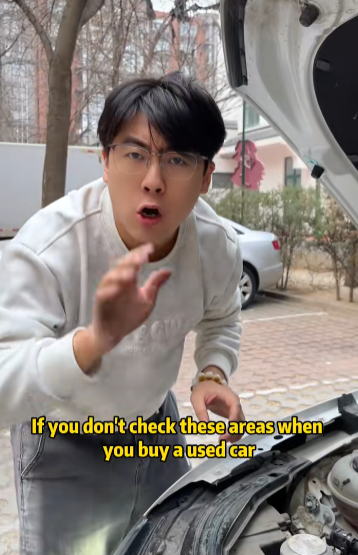
12. Trust Your Instincts
If something doesn’t feel right, trust your gut. Whether it’s a pushy seller, a price that’s too low, or vague answers about the car’s condition—these can be signs of trouble. It’s better to walk away than risk being cheated.
Final Thoughts
Buying a used car doesn’t have to be stressful or risky if you take the right steps. By doing your homework, asking questions, and staying alert, you can avoid scams and drive away with a reliable, well-priced vehicle. Remember, patience and preparation are your best tools. Don’t rush the process—your future self (and your wallet) will thank you.
